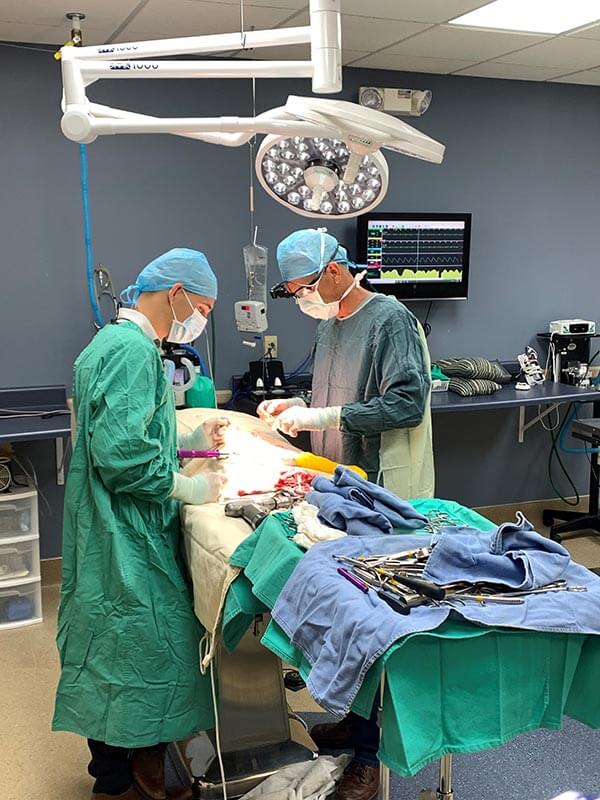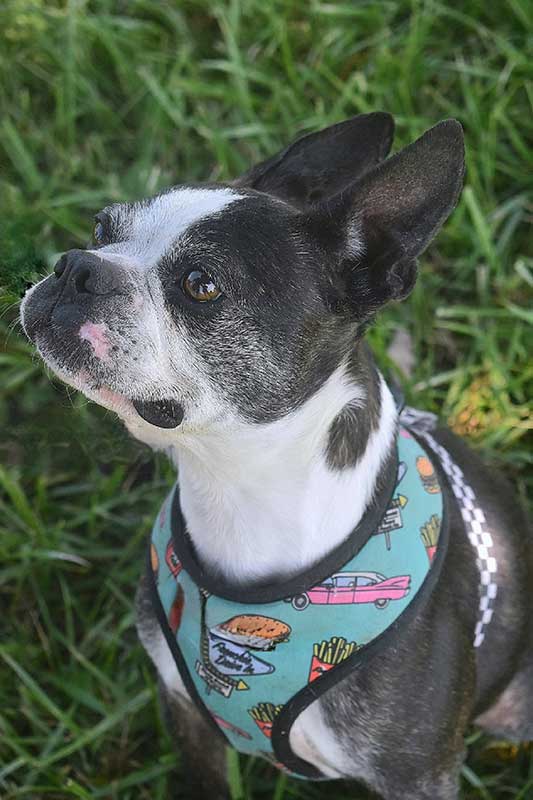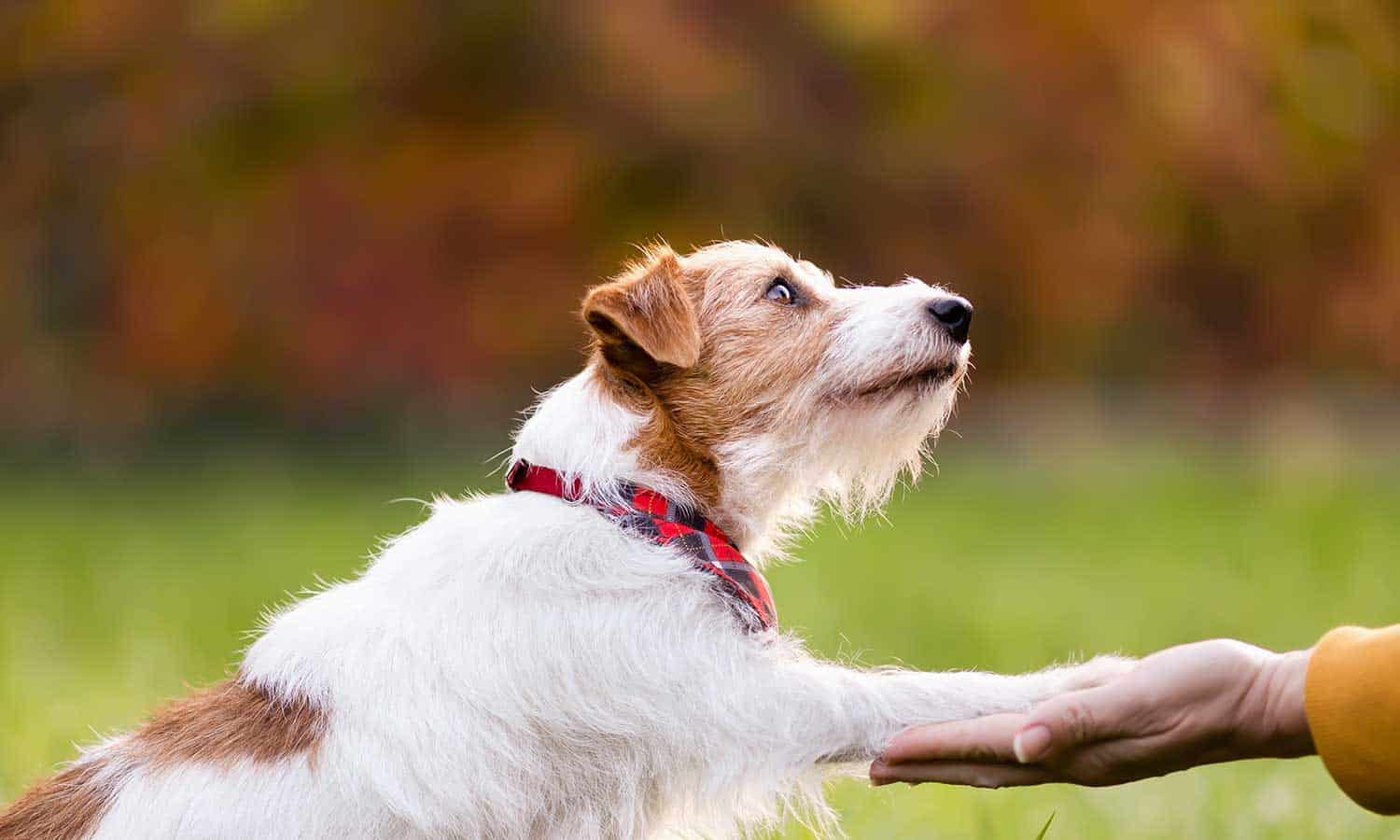Pet Surgery: Anesthetic & Surgical Safety
Dupont Veterinary Clinic takes the safety of your pet during surgery very seriously. We know your pet is like one of the family and, as such, we take a number of steps to ensure a safe outcome.

Steps We Take to Ensure Surgical Safety
- Pre-Anesthetic Blood Screen: We perform pre-anesthetic blood testing on all animals prior to surgery. This allows us to evaluate things such as liver and kidney function to confirm your pet is a good candidate for surgery.
- Coagulation Screens: Additional screens are also recommended (bleeding and clotting screens) to rule out bleeding problems caused by hemophilia and platelet problems.
- Human-Grade Anesthetics: Only the safest anesthetic agents are used. Many of the anesthetics we use are the same drugs used in human hospitals.
- Careful Monitoring: During your pet’s procedure, your four-legged friend will be monitored by equipment that evaluates blood pressure, heart rate, oxygen saturation, body temperature, and respirations.
After surgery, we will continue to monitor your pet’s condition and administer pain control measures when appropriate. Veterinary medicine has evolved tremendously over recent years, and there are many ways to manage any pain associated with surgery. If your pet’s health condition would benefit from specialist care, we can help with referrals.
Learn more about Your Pet's Stay with us by downloading this informational handout.

We offer surgical and dentistry services for a wide array of your pet’s needs:
- Spay and Neuter
- Declawing
- Dentistry
- Growth & Tumor Removal
- Bladder Stone Removal
- Exploratory Surgery
- Hernia Repair
- Gastrotomy
- Enterotomy
- Anastamosis
- Splenectomy
- Lacerations and abscess repair
- C-Section
- Eye surgery
- Thoracic and Abdominal Procedures
Our experienced staff and surgeons create a caring, compassionate environment, treating your pet as if they were one of our own.
Spay and Neuter Procedures for Your Cat or Dog
Spay and neuter procedures are common surgeries provided by Dupont Veterinary Clinic for the benefit of your pet. Spays and neuters are outpatient procedures. Your pet would come in the morning and go home in the afternoon.
Advantages of Spaying or Neutering
There are many reasons to spay or neuter your pet. Topmost advantages include:
- Preventing unwanted litters of kittens and puppies
- Avoiding annoying behavior of a cat in heat
- Eliminating the mess of a dog in heat
- Prevention of health problems later in life
Ideally, dogs and cats should be spayed or neutered before they go into heat—typically at 5-6 months. Please call us today to schedule this routine surgical procedure. You and your pet will benefit!
How a Spay or Neuter is Performed
- Your pet will be given a thorough physical exam by one of our veterinarians.
- A pre-anesthetic blood panel will be performed to be sure your dog or cat is an ideal surgical candidate.
- Anesthesia is administered first by an injectable induction agent, then maintained by a modern gas anesthetic such as Isoflurane or Sevoflurane.
- Shaving and an antiseptic surgical scrub is performed.
- A sterile surgical pack is opened while the surgeon performs a sterile scrub and prep procedure followed by gowning and gloving.
- Your pet is placed on the surgical table and surgical lights are aimed at the sterile field.
- An anesthetic monitor is used to monitor heart rate, oxygen saturation of the blood, and other parameters.
- Fluids are administered to your pet. This provides fluid and blood pressure support, and also provides an emergency port in the unlikely event of an emergency.
- For females and spays, the abdomen is opened, the uterus and ovaries are exposed, the arteries to these structures are tied off with suture, and the organs are removed. The abdominal muscles are closed with sterile suture followed by closure of the subcutaneous tissue and the skin.
- For males and neuters, a small incision is made in the skin just in front of the testicles. The testicles are then slipped up and removed through the incision. The incision is then closed with several layers of suture below the skin.
- Post-op anesthesia recovery consists of removing your pet from gas anesthesia, monitoring vital signs, and keeping them warm with blankets or warming pads.
- Pain medications are administered to reduce your pet’s discomfort.
Frequently Asked Questions
Q: How long will the procedure take?
A: From the time your dog or cat is anesthetized until they are recovered, the time involved is approximately 45 minutes, although this may vary.
Q: Is Pre-anesthetic blood work really necessary?
A: Yes. Pre-anesthetic blood work is used to find the 1 in 50 pets that might have unforeseen health problems. This information is needed to assess concerns and minimize anesthetic risk.
Q: Is a Spay or Neuter expensive?
A: Spay and neuter surgery is relatively inexpensive, especially when you consider the advantages to the alternative. The cost is significantly less than raising a litter of puppies or kittens for a year. Dupont Veterinary Clinic rates are actually discounted below clinic operating costs in order to help reduce the pet overpopulation problem. At the same time, we offer the safe, reliable care you have come to expect from us.
Q: Will I need to give my dog or cat pain drugs?
A: Yes. Your pet should receive medication to control post-op surgical pain. An oral medication will be prescribed.
Q: Will my dog or cat gain weight after her spay?
A: Your pet may have a slight predisposition to gain weight after a spay or neuter is performed. Of course as an animal reaches maturity, they have a tendency to become less active and gain weight too. Regardless, exercise and a quality diet in appropriate quantities is warranted.
Q: Will my dog or cat continue to have heat cycles?
A: No. Your cat or dog will no longer go through heat cycles.
For your convenience, we have made surgical forms available online. Please visit our forms page to download surgical information and release forms.
We understand that you may have concerns or uncertainties about your pet’s upcoming anesthesia and surgery. We are here to discuss options for your pet, as well as answer any questions you may have.

